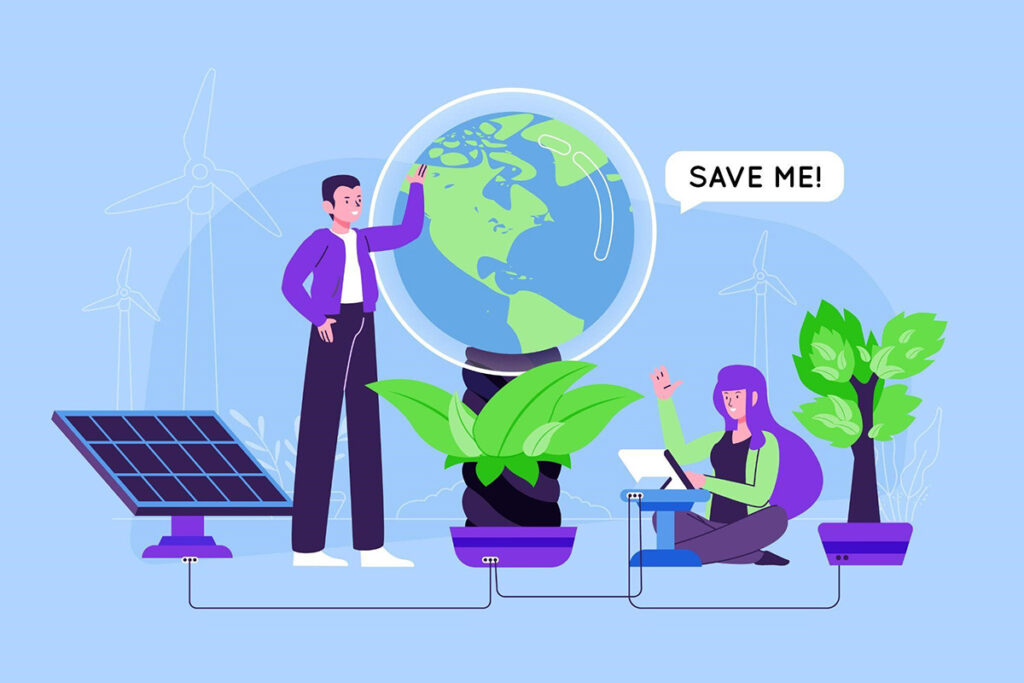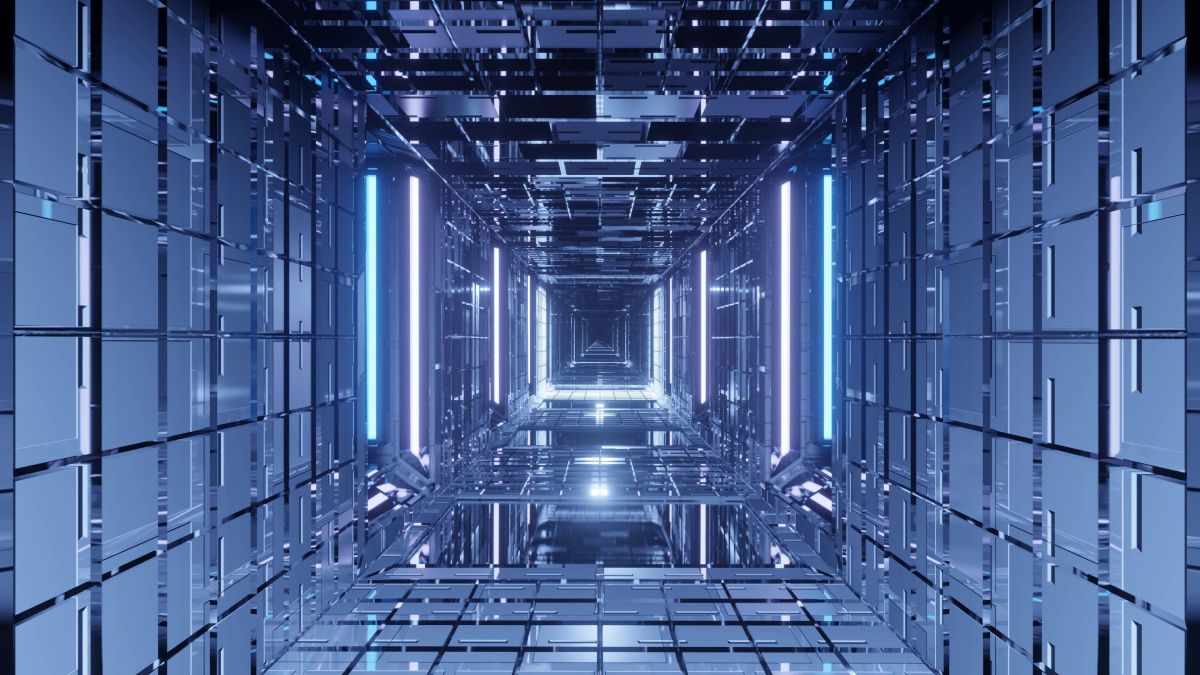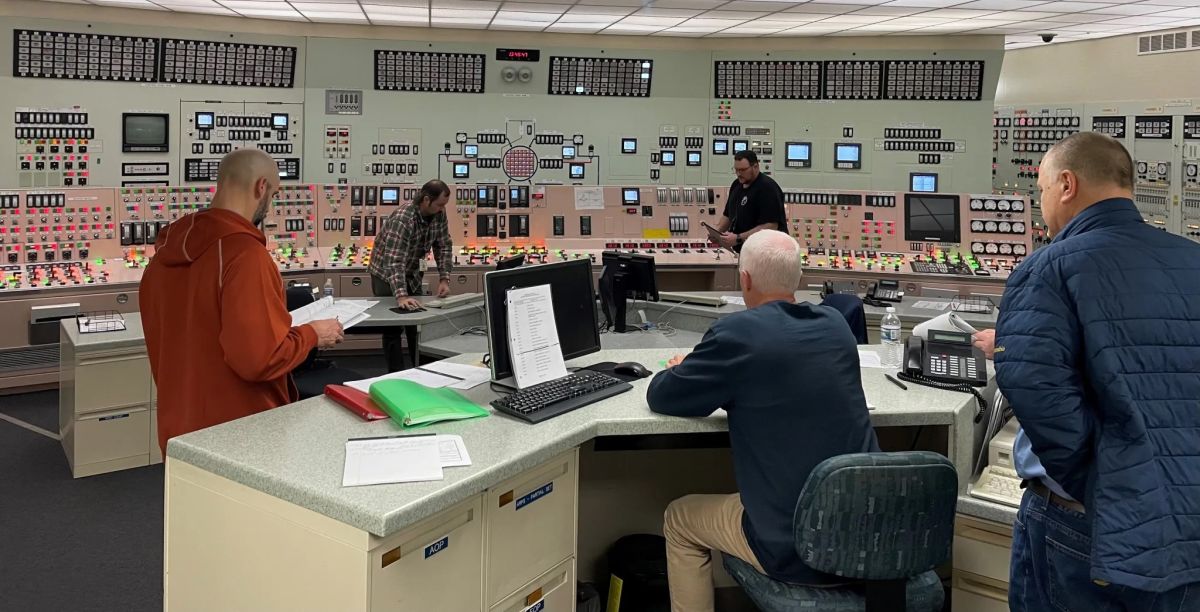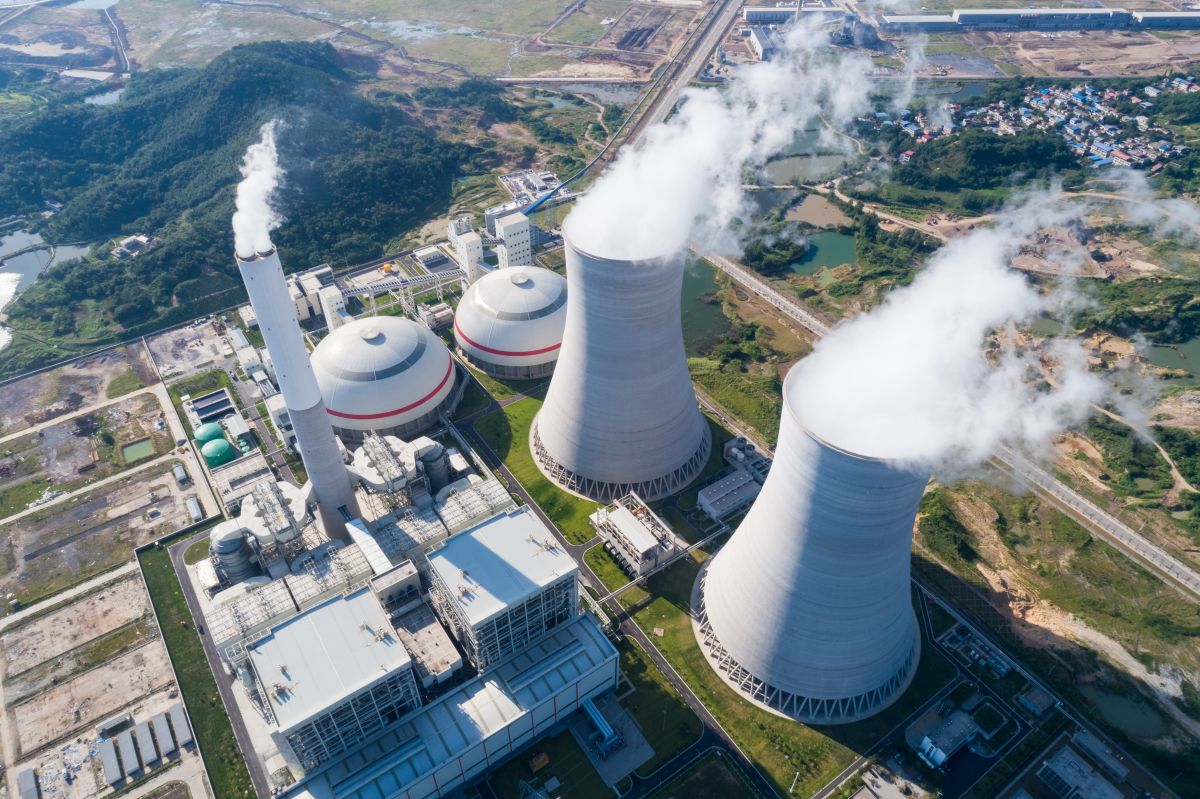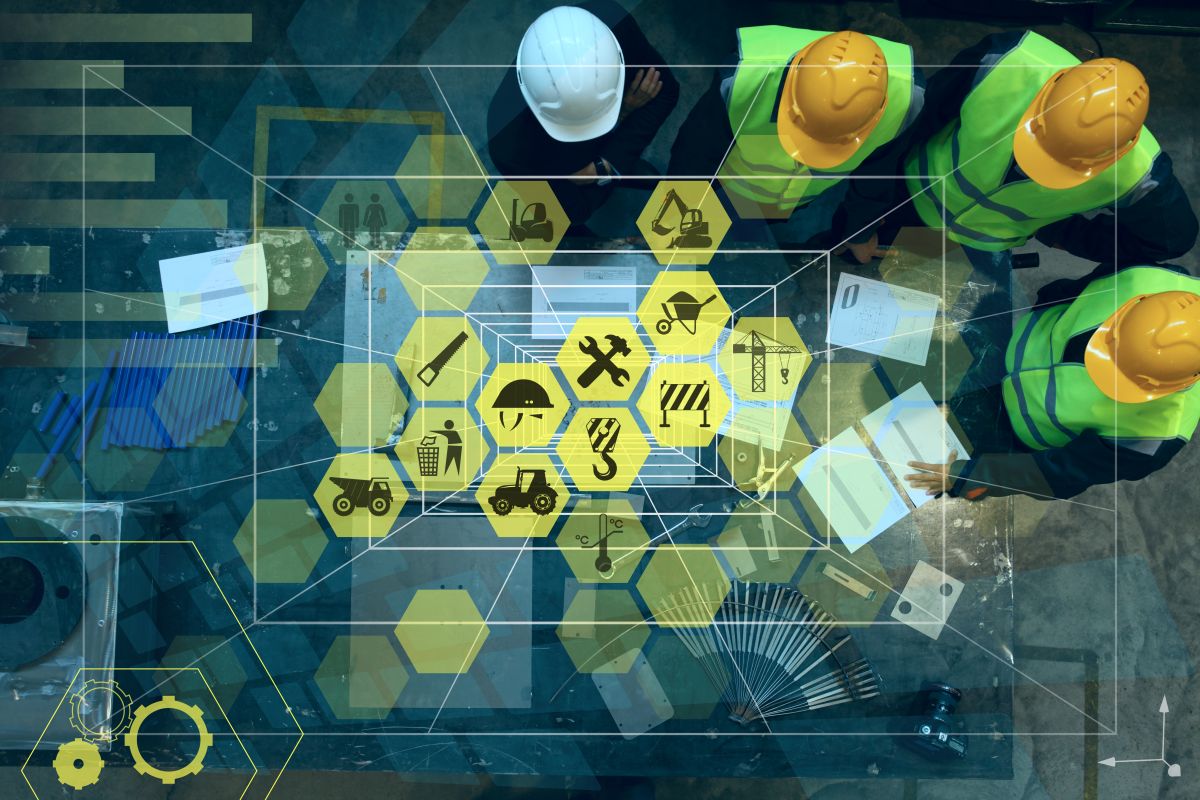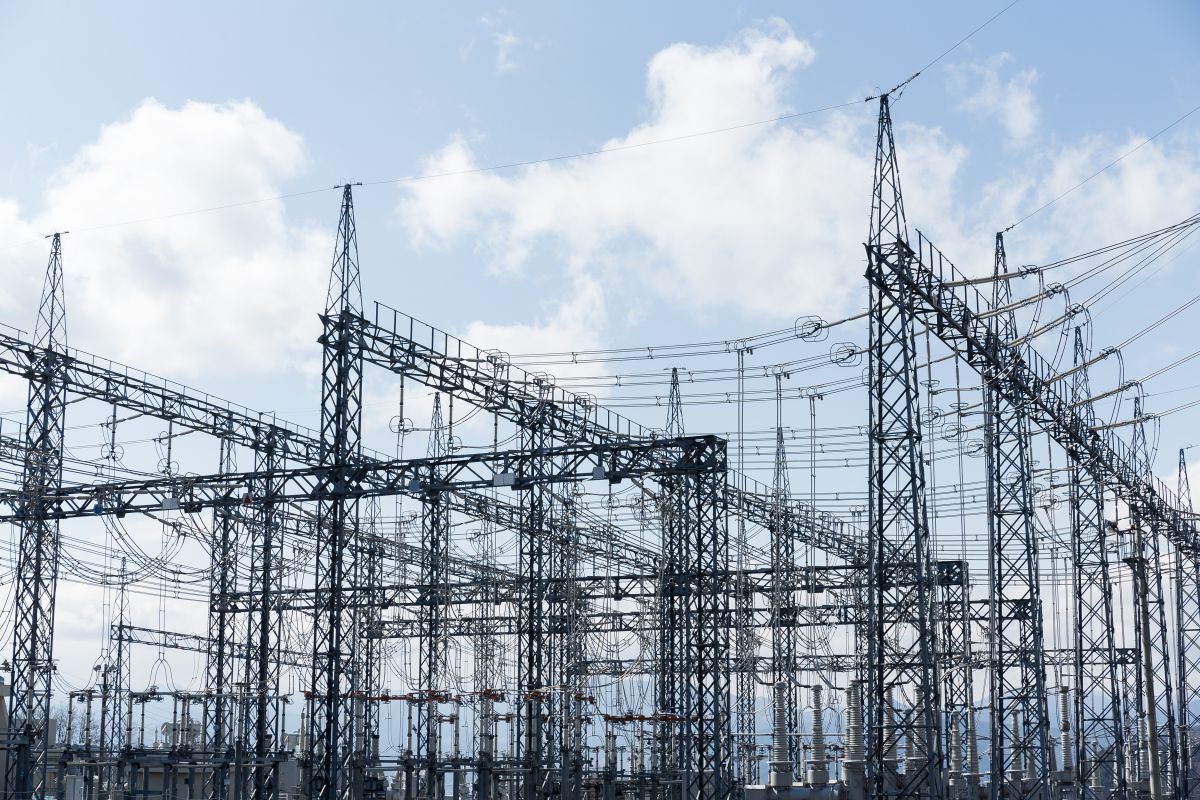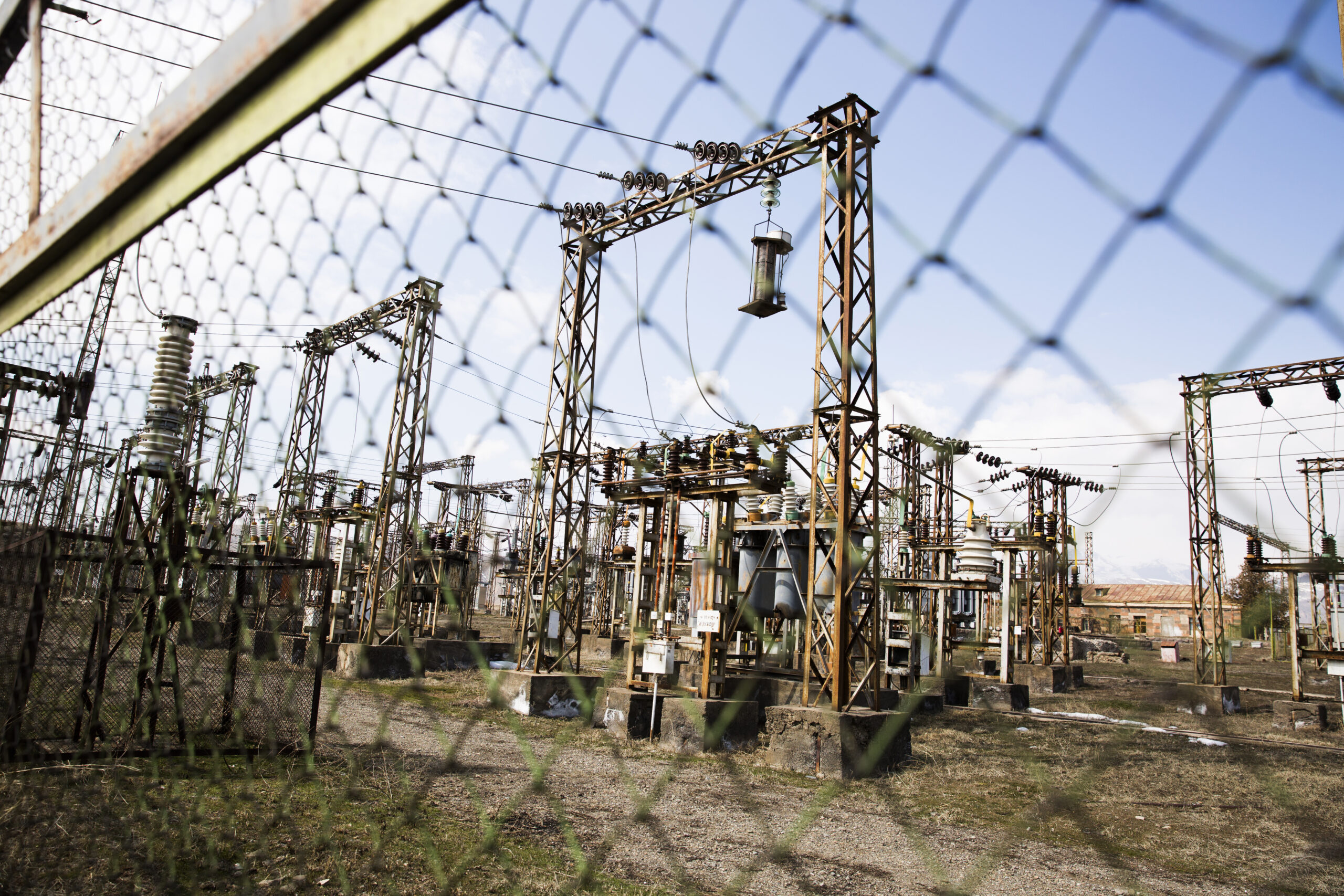The global agenda for a better future has been encapsulated in the Sustainable Development Goals (SDGs). From eradicating poverty to ensuring responsible consumption, each of these goals points toward a brighter and more equitable world. Among the myriad challenges humanity faces, one of the most pressing is the need for sustainable energy solutions.
As climate change experts consistently highlight, the future of our planet hinges on our ability to address energy concerns, especially given the dramatic impact of a change in climate on our ecosystems. With its myriad benefits, renewable energy plays a crucial role in achieving the SDGs.
Why Renewable Energy Is Crucial for Sustainable Development
The notion that the only source of sustainable economic growth is through eco-friendly and renewable initiatives, referred to as green economy, is gaining traction globally. This perspective is not only about protecting the environment but also about crafting an economy that can thrive without compromising the needs of future generations while providing clean energy.
To understand the scope of the challenge, consider the fact that the most abundant fossil fuel in the world is coal. For centuries, coal has been a primary source of energy, powering industries and lighting up homes. However, its widespread use has also been a leading contributor to greenhouse gas emissions. As climate change experts have pointed out, continued reliance on such fossil fuels is unsustainable and detrimental to the health of the planet.
Renewable energy has emerged as a key solution to these problems. Whether we’re discussing solar, wind, hydro, or other forms, the renewable energy impact is clear: it provides a pathway to meet our energy needs without depleting resources or further endangering our environment.
How Renewable Energy Aligns with Sustainable Development Goals (SDGs)
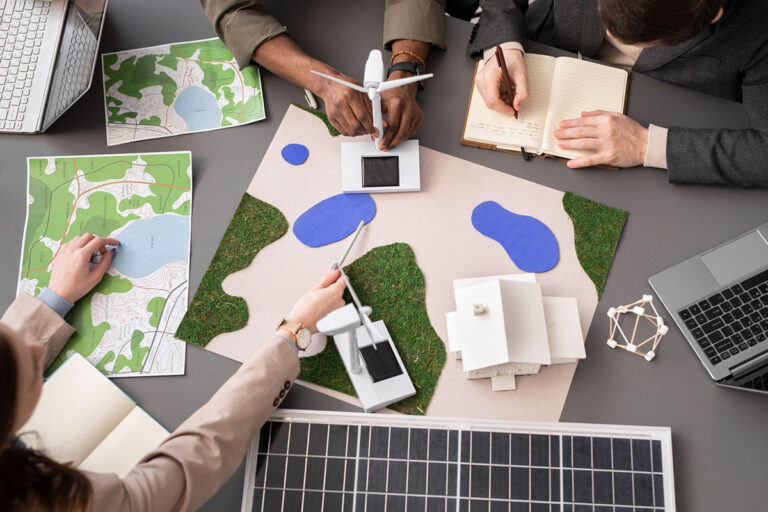
The SDGs encompass a range of objectives, from quality education to clean water. Renewable energy plays a role, directly or indirectly, in the achievement of many of these goals.
- Affordable and Clean Energy (SDG 7): This goal explicitly calls for “access to affordable, reliable, sustainable, and modern energy for all.” Renewable energy is at the forefront of delivering on this promise. Solar panels and wind turbines, for instance, have the potential to bring power to remote areas, bridging energy gaps.
- Decent Work and Economic Growth (SDG 8): The renewable energy sector has become a significant source of jobs worldwide. As industries shift away from fossil fuels, the green energy sector is poised to drive employment.
- Industry, Innovation, and Infrastructure (SDG 9): Technological advancements in the renewable sector demonstrate the union of innovation and sustainable infrastructure. Battery storage technology, smart grids, and innovative solar applications are examples of sustainable development that benefit both economies and the environment.
- Climate Action (SDG 13): Addressing a change in climate is a pivotal aspect of the SDGs. Transitioning to renewable energy sources reduces greenhouse gas emissions, directly combating global warming.
The Way Forward with Sustainable Energy Solutions
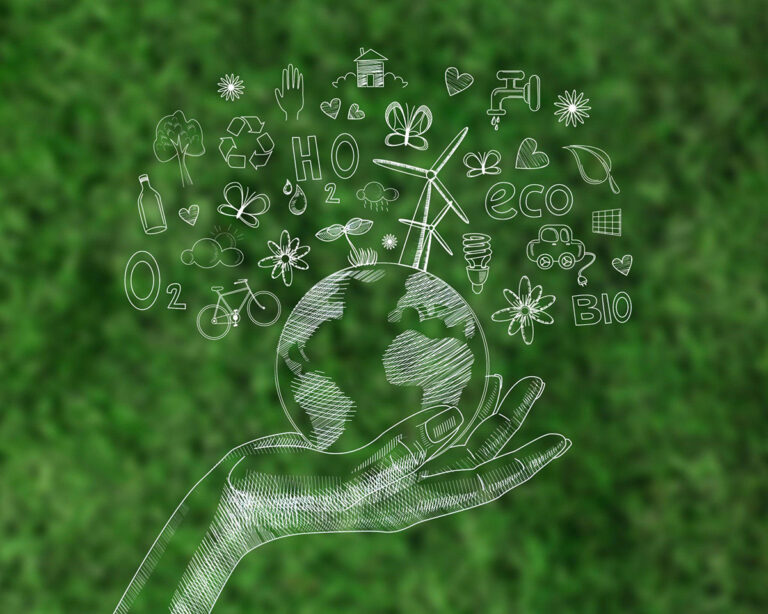
While the potential of renewable energy is immense, its effective integration requires comprehensive strategies. Policymakers, businesses, and communities need to prioritize sustainable energy solutions in their agendas.
Public-private partnerships can accelerate the deployment of renewable technologies. Investment in research and development can lead to breakthroughs that make renewables even more efficient and affordable.
Moreover, it’s essential to remember that sustainable energy isn’t just about electricity. Solutions like bioenergy for heating and electric vehicles for transportation are equally important pieces of the puzzle. As we increasingly adopt these technologies, we ensure that our energy consumption patterns align more harmoniously with nature.
The Final Word
The correlation between renewable energy and the Sustainable Development Goals is clear. Renewable energy is more than an alternative—it’s a necessity. By embracing this transition, we address climate concerns expressed by climate change experts and set the stage for a sustainable future. From community solar endeavors to global wind collaborations, we see real-world sustainable progress. The choices we make today shape tomorrow’s world. Adopting renewable energy in our pursuit of the Sustainable Development Goals is our shared duty to the planet and future generations.
Disclaimer: Any opinions expressed in this blog do not necessarily reflect the opinions of Certrec. This content is meant for informational purposes only.


